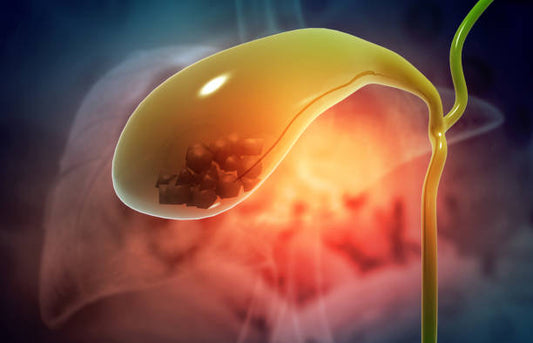Lovastatin is a medication classified as a statin, specifically an HMG-CoA reductase inhibitor. It is commonly prescribed to lower cholesterol levels in the blood and reduce the risk of cardiovascular events. Lovastatin works by inhibiting the enzyme HMG-CoA reductase, a key enzyme involved in the synthesis of cholesterol.
Uses of Lovastatin:
Lovastatin is primarily used for:
- Cholesterol Reduction: Lowering elevated levels of total cholesterol, low-density lipoprotein (LDL) cholesterol, and triglycerides.
- Cardiovascular Risk Reduction: Lowering the risk of heart-related complications in individuals with high cholesterol.
How Lovastatin Works:
Lovastatin reduces cholesterol production in the liver by inhibiting HMG-CoA reductase. This leads to decreased levels of LDL cholesterol (often referred to as "bad" cholesterol) in the blood, contributing to a healthier lipid profile.
Benefits of Lovastatin:
- Cholesterol Management: Effectively lowers elevated cholesterol levels.
- Cardiovascular Protection: Reduces the risk of heart attacks and other cardiovascular events.
Dosage and Administration:
- Dosage varies based on cholesterol levels, individual response, and other factors.
- Lovastatin is typically taken orally in the form of tablets, usually in the evening.
- Follow the prescribed dosage and instructions provided by healthcare professionals.
- Administer with food to enhance absorption.
Side Effects of Lovastatin:
While generally well-tolerated, lovastatin may cause side effects, including:
- Common effects: Headache, muscle pain, and stomach upset.
- Less common effects: Liver enzyme abnormalities and myopathy.
- Report any severe or persistent side effects to a healthcare professional.
Precautions:
- Inform healthcare providers about existing medical conditions or medications.
- Use caution in individuals with a history of liver disease or muscle disorders.
- Regular monitoring of liver function may be recommended.
Interactions:
- Lovastatin may interact with certain medications, including those metabolized by the cytochrome P450 system.
- Inform healthcare providers about all over-the-counter and prescription medications being taken.
Warnings:
- Liver function monitoring: Regularly assess liver function during treatment, especially in the initial months.
- Myopathy risk: Report any unexplained muscle pain or weakness promptly.
It's important to note that this information is general, and specific details can vary. Always consult with a healthcare professional for personalized advice before using Lovastatin or any medication.
References:
- MedlinePlus - "Lovastatin": medlineplus.gov/druginfo/meds/a688006.html
- Drugs.com - "Lovastatin": www.drugs.com/lovastatin.html
- RxList - "Lovastatin": www.rxlist.com/lovastatin-drug.htm
Auhtor: Nikita Vishnoi BCA












